Why Neglecting Oral Hygiene Can Be Dangerous: Understanding the Risks of People Who Don’t Brush Their Teeth
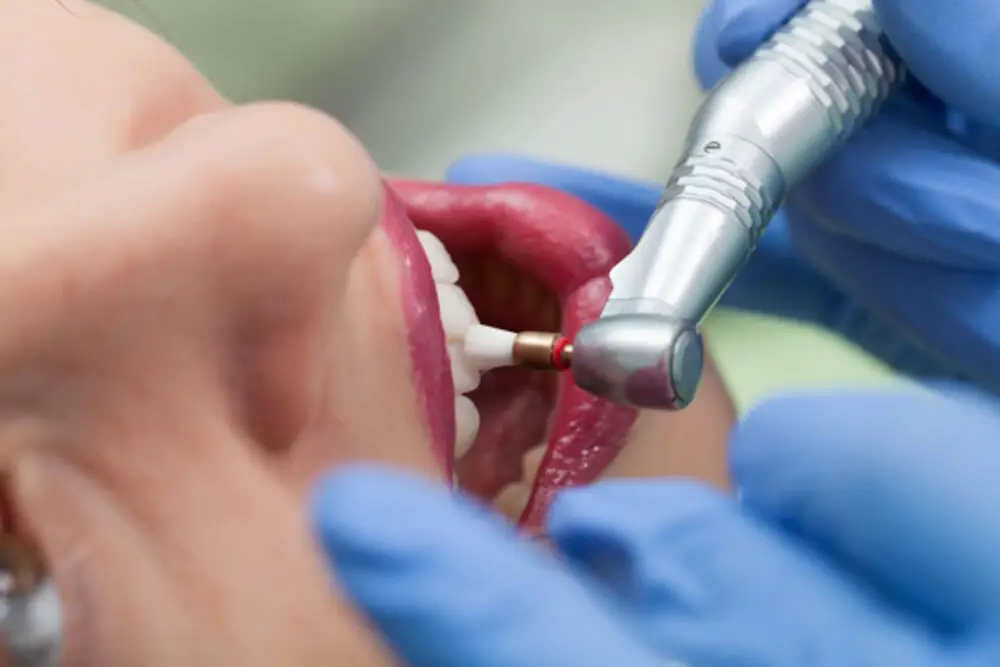
Oral hygiene is an essential aspect of maintaining good health, and neglecting it can lead to significant risks and complications. The mouth is home to millions of bacteria that can cause tooth decay, gum disease, and other oral infections. When not cleaned properly, these bacteria can spread to other parts of the body, leading to various health issues. Unfortunately, many people tend to overlook the importance of oral hygiene, often leading to severe consequences. Poor oral hygiene can have a detrimental effect on a person’s overall well-being. It can cause bad breath, tooth decay, gum disease, and even tooth loss. Additionally, untreated oral infections can spread to other parts of the body, leading to more severe health problems such as heart disease, respiratory infections, and even dementia. Despite this, many people neglect their oral hygiene, either due to a lack of awareness or a lack of motivation. This article aims to educate readers on the risks of neglecting oral hygiene and why it is crucial to maintain good oral health.
Maintaining good oral hygiene is crucial for our overall health and well-being. Neglecting oral hygiene can lead to numerous dental problems such as gum disease, tooth decay, bad breath, and even tooth loss. Poor oral hygiene can also have a significant impact on our general health, as it has been linked to various health issues including heart disease, stroke, diabetes, and even certain types of cancer. By practicing good oral hygiene habits such as brushing twice daily, flossing, and visiting the dentist regularly, we can prevent these issues and ensure a healthy mouth and body. It is important to prioritize oral hygiene and make it a part of our daily routine to maintain a healthy and happy lifestyle.
Oral hygiene refers to the practices that are undertaken to keep the mouth clean and healthy. The process entails a range of activities such as regular brushing, flossing, and tongue cleaning. Brushing teeth twice a day using fluoride toothpaste helps to eliminate plaque and bacteria from the teeth and gums. Flossing removes food particles and other debris that may be lodged between the teeth. Additionally, cleaning the tongue with a scraper or brush helps to eliminate bacteria that may cause bad breath. Proper oral hygiene is important to avoid dental problems such as cavities, gum disease, and bad breath. Neglecting oral hygiene can lead to serious health complications such as heart disease, respiratory infections, and diabetes. Therefore, it is important to practice good oral hygiene habits regularly to maintain a healthy mouth and overall well-being.
Dental Decay and Cavities
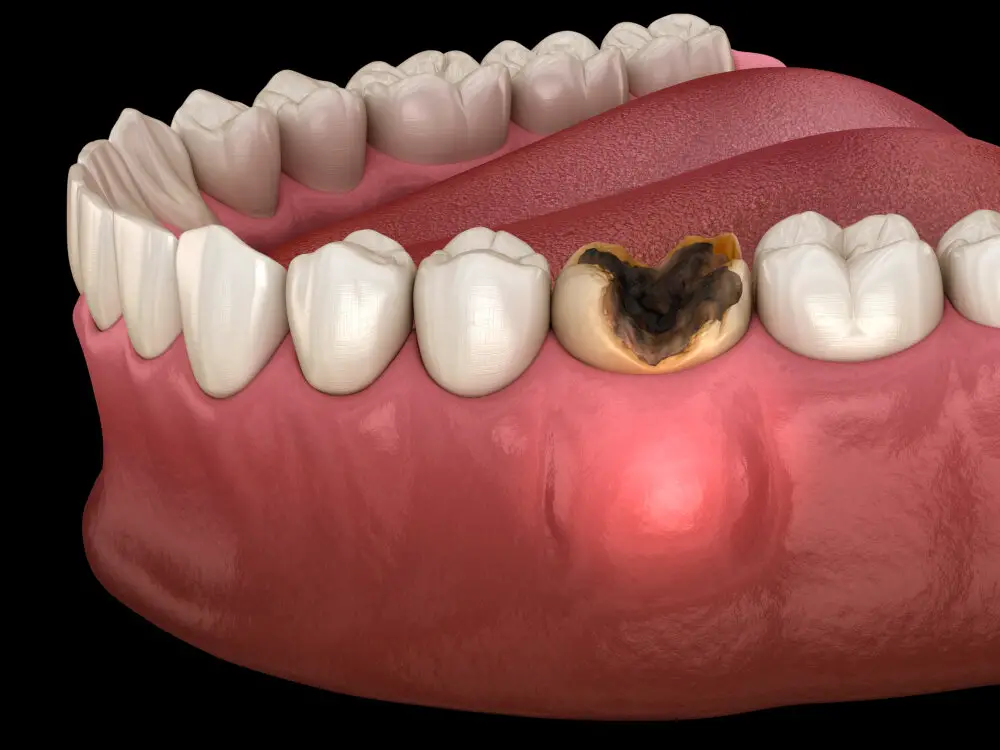
Dental decay and cavities are some of the most common dental problems faced by people all over the world. Poor dental hygiene, coupled with unhealthy dietary habits, can cause plaque buildup on the teeth, leading to the development of cavities. Cavities are holes in the teeth that can cause pain and discomfort, and if left untreated, can lead to tooth decay, gum disease, and even tooth loss. In severe cases, untreated cavities can also lead to serious infections that can affect other parts of the body. Preventing dental decay and cavities is crucial for maintaining good oral health. Brushing and flossing regularly is the first step in preventing cavities. It’s important to brush your teeth twice a day for at least two minutes and floss once a day to remove food particles and plaque from between your teeth. Additionally, eating a healthy diet that is low in sugar and carbohydrates can help prevent cavities. Regular dental check-ups and cleanings are also important for preventing and treating dental decay and cavities. By taking care of your teeth and gums, you can prevent cavities and maintain good oral health throughout your life.
Dental decay and cavities occur due to the presence of bacteria in the mouth that produce acid. When food particles and sugars are left on teeth, the bacteria feed on them and create an acidic environment. Over time, the acid breaks down the enamel, the protective layer of the teeth, causing small holes or cavities to form. If left untreated, the decay can progress deeper into the tooth, affecting the nerves and causing pain and infection. Neglecting oral hygiene, such as not brushing and flossing regularly, can increase the risk of dental decay and cavities, leading to more severe dental issues in the long run.
Neglecting oral hygiene can lead to several risks associated with dental decay and cavities. The accumulation of plaque and bacteria in the mouth can cause acid to develop, which eventually erodes the tooth enamel and leads to cavities. The longer these cavities are left untreated, the deeper they can penetrate the tooth, potentially causing tooth loss or abscesses. In addition, poor oral hygiene can also result in gum disease, which can lead to bleeding gums, bone loss, and even systemic health issues such as heart disease and diabetes. Therefore, it is essential to prioritize oral hygiene by brushing twice a day, flossing daily, and visiting the dentist regularly to prevent these potential risks.
Dental decay and cavities are prevalent oral health issues affecting millions of people worldwide. According to the World Health Organization, approximately 60-90% of school-aged children and nearly 100% of adults have dental cavities. Moreover, untreated tooth decay is considered the most common chronic disease globally, with an estimated 2.4 billion people affected by it. Poor oral hygiene habits such as neglecting brushing and flossing, consuming sugary foods and drinks, and smoking can increase the likelihood of developing cavities and dental decay. These problems can lead to more severe dental issues, such as gum disease, tooth loss, and even systemic health problems like heart disease and diabetes. It is crucial to maintain good oral hygiene practices and seek professional dental care to prevent and treat dental decay and cavities.
Gum Disease
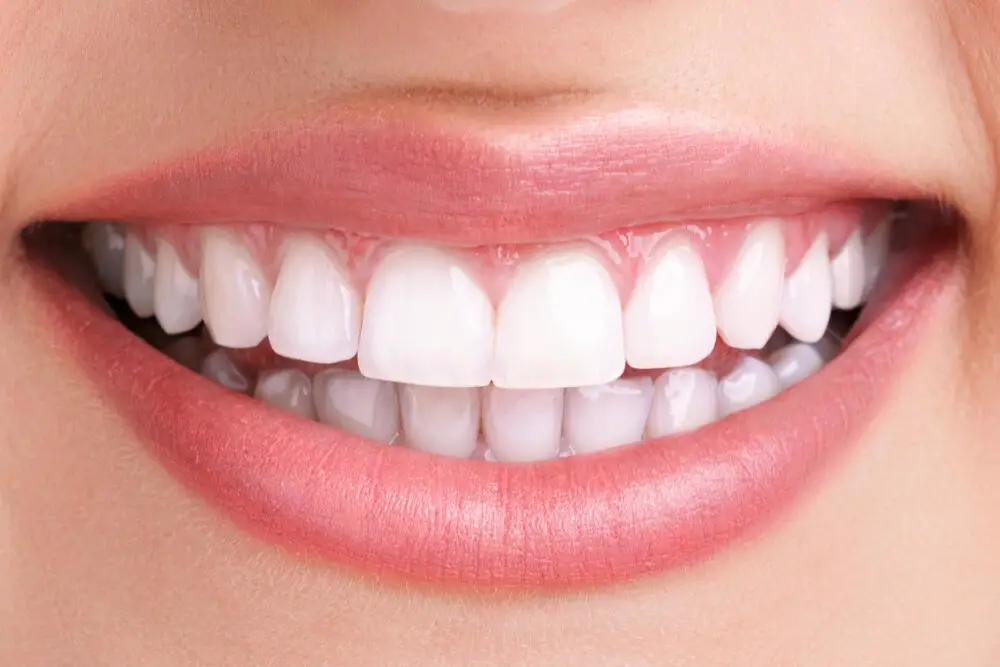
Gum disease, also known as periodontal disease, is a serious condition that affects the tissues and bones that support the teeth. It is caused by the buildup of plaque and bacteria on the teeth and gums, which can lead to inflammation, bleeding, and eventually tooth loss. Gum disease is a common problem, and it can be caused by a variety of factors, including poor oral hygiene, smoking, and certain medical conditions. If left untreated, gum disease can have serious consequences for your oral health and overall well-being. In addition to tooth loss, gum disease has been linked to a range of other health problems, including heart disease, stroke, and diabetes. This is because the bacteria that cause gum disease can enter the bloodstream and travel to other parts of the body, where they can cause inflammation and damage to vital organs. To prevent gum disease, it is important to practice good oral hygiene, including brushing and flossing regularly, as well as visiting your dentist for regular checkups and cleanings.
Gum disease, also known as periodontal disease, is a common chronic inflammatory condition that affects the tissues surrounding the teeth. It is caused by plaque, a sticky film of bacteria that builds up on the teeth and gums. When plaque is not removed through regular brushing and flossing, it can harden into tartar, which can only be removed by a dental professional. Over time, the bacteria in plaque and tartar can cause irritation, inflammation, and infection of the gums, leading to symptoms such as bleeding, swelling, and redness. If left untreated, gum disease can progress to more serious forms, such as periodontitis, which can cause tooth loss and even affect overall health. Therefore, maintaining good oral hygiene practices is crucial in preventing and treating gum disease.
Neglecting oral hygiene can lead to the development of gum disease, a condition that affects the tissues surrounding and supporting the teeth. Gum disease is caused by the buildup of plaque, a sticky film of bacteria that forms on the teeth. When left untreated, gum disease can lead to a variety of health problems such as tooth loss, bad breath, and gum abscesses. Furthermore, research has shown that gum disease is linked to a higher risk of developing other health conditions such as heart disease, stroke, and diabetes. Therefore, it is crucial to maintain good oral hygiene practices such as regular brushing and flossing to prevent the development of gum disease and its associated risks.
Gum disease is a prevalent oral health issue that affects a significant number of people worldwide. According to recent statistics, approximately 47.2% of adults aged 30 years and above have some form of gum disease, ranging from mild gingivitis to severe periodontitis. Moreover, the incidence of gum disease tends to increase with age, with older adults being more susceptible to the condition. In addition to age, certain risk factors such as smoking, poor oral hygiene, and underlying health conditions like diabetes can increase the likelihood of developing gum disease. Ignoring oral hygiene practices like brushing and flossing can lead to the accumulation of plaque and tartar, which can cause inflammation and damage to the gums and teeth, leading to gum disease.
Bad Breath

Bad breath is a common problem that affects many people worldwide. It is also known as halitosis, a condition that causes a foul odor to emanate from the mouth. Bad breath can be caused by a variety of factors, including poor oral hygiene, smoking, certain foods and drinks, and medical conditions such as gum disease and dry mouth. Neglecting oral hygiene is one of the primary causes of bad breath. When food particles and bacteria accumulate in the mouth, they can lead to the formation of plaque and tartar, which can cause bad breath. Brushing and flossing regularly can help prevent the buildup of plaque and tartar, reducing the risk of bad breath. In addition to causing embarrassment and social isolation, bad breath can also be a sign of underlying health problems. For example, persistent bad breath can be a symptom of gum disease, a serious condition that can lead to tooth loss if left untreated. It can also be a sign of other health problems such as diabetes, liver disease, and respiratory infections. Therefore, it is essential to maintain good oral hygiene and seek medical attention if bad breath persists despite proper oral care. By understanding the risks of neglecting oral hygiene and the importance of good oral care, individuals can prevent bad breath and maintain their overall health and well-being.
Bad breath, medically known as halitosis, can be caused by various factors such as poor oral hygiene, bacterial growth in the mouth, gum disease, dry mouth, smoking, certain medical conditions, and certain foods. Neglecting oral hygiene is the most common cause of bad breath as it leads to the accumulation of food particles and bacteria in the mouth, which produce unpleasant odors. Bacterial growth can also occur due to gum disease, which causes inflammation and bleeding of the gums. Dry mouth, which can be caused by certain medications or medical conditions, reduces the production of saliva, leading to the growth of odor-causing bacteria. Smoking and certain foods, such as garlic and onions, can also contribute to bad breath. It is important to maintain good oral hygiene and seek medical attention if bad breath persists despite regular brushing and flossing.
Bad breath, also known as halitosis, can be embarrassing and socially isolating, but it can also be an indicator of underlying health issues. Poor oral hygiene can lead to an increase in bacteria in the mouth, which can cause inflammation and infection. This inflammation can lead to gum disease, which is associated with serious health conditions such as heart disease, stroke, and diabetes. Additionally, bad breath can be a symptom of certain medical conditions, such as respiratory infections or liver disease. Neglecting oral hygiene can have more serious consequences than just a foul odor, so it’s important to maintain good oral health habits such as brushing twice daily, flossing, and regular dental check-ups.
Having bad breath can be embarrassing and uncomfortable. Fortunately, there are strategies that can help prevent it. The key is to maintain good oral hygiene practices, such as brushing your teeth twice a day with fluoride toothpaste, flossing daily, and using mouthwash. Additionally, drinking plenty of water throughout the day can help keep your mouth moist and wash away food particles that can cause bad breath. Avoiding foods and drinks that are known to cause bad breath, such as garlic and coffee, can also be helpful. Finally, regular dental check-ups and cleanings can help identify and treat any underlying dental issues that may be contributing to bad breath. By following these strategies, you can avoid the embarrassment and discomfort of bad breath and maintain good oral health.
Overall Health Risks
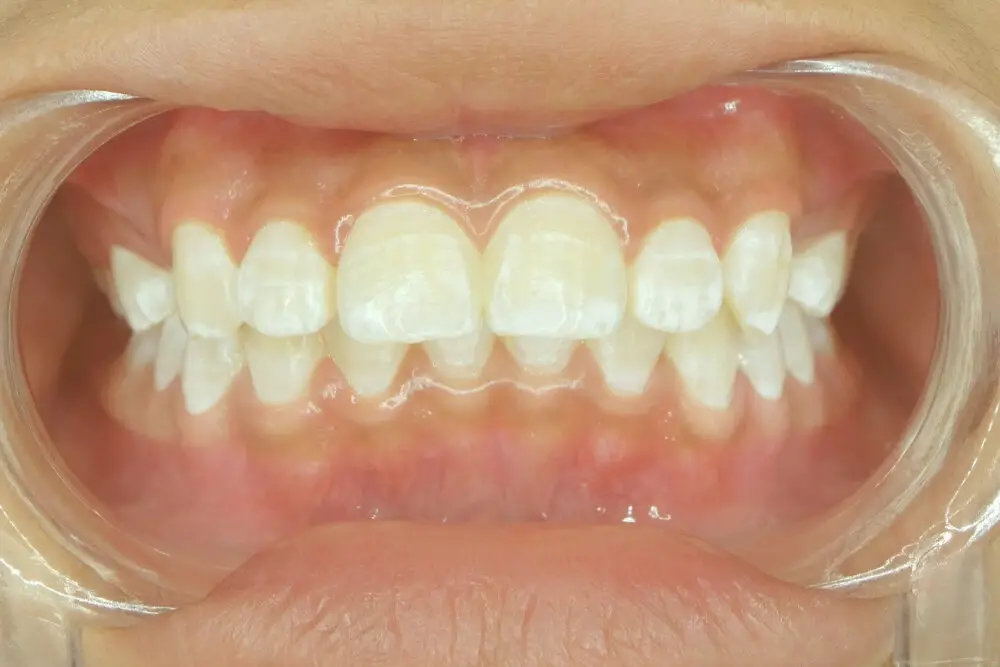
Poor oral hygiene can lead to several overall health risks that may seem unrelated to dental care. The bacteria that build up in our mouths can enter the bloodstream and travel to other parts of the body. This can result in infections, inflammation, and even chronic diseases. For instance, gum disease has been linked to an increased risk of heart disease, stroke, and diabetes. When we neglect our oral hygiene, we are increasing the likelihood of these health problems. Another overall health risk associated with poor oral hygiene is respiratory infections. The same bacteria that cause gum disease can also be breathed into the lungs, leading to infections like pneumonia. Additionally, the inflammation caused by gum disease can cause chronic obstructive pulmonary disease (COPD), a condition that makes it difficult to breathe. It’s clear that taking care of our oral health is essential in maintaining our overall health. By brushing and flossing regularly, we can prevent the buildup of harmful bacteria and decrease our risk of developing these serious health issues.
Oral health and overall health are intimately connected, and neglecting one can have serious implications for the other. Poor dental hygiene can lead to a host of dental problems, including cavities, gum disease, and tooth loss. These issues can cause pain, discomfort, and difficulty eating, leading to poor nutrition and a weakened immune system. In addition, oral bacteria can enter the bloodstream and travel to other parts of the body, increasing the risk of heart disease, stroke, and other health problems. Regular brushing, flossing, and dental check-ups are essential for maintaining good oral health, which in turn helps to promote overall health and well-being.
Neglecting oral hygiene can have serious consequences for overall health. Poor oral hygiene can lead to gum disease, which in turn can cause infections, tooth loss, and even bone damage. Additionally, the bacteria that accumulate in the mouth can spread to other parts of the body, increasing the risk of heart disease, stroke, and respiratory infections. Poor oral hygiene can also lead to bad breath, tooth decay, and discoloration, which can have a negative impact on self-esteem and social interactions. It is essential to prioritize oral hygiene by brushing and flossing regularly, visiting the dentist for routine check-ups, and maintaining a healthy diet to prevent the risks associated with poor oral hygiene.
Research has shown that there is a strong connection between oral health and overall health. According to the World Health Organization, oral diseases affect nearly 3.5 billion people worldwide, with tooth decay being the most common condition. Poor oral hygiene can lead to a range of health problems, including gum disease, heart disease, stroke, and diabetes. In fact, a study published in the Journal of Periodontology found that people with gum disease were nearly twice as likely to have heart disease. Neglecting oral hygiene can also lead to systemic inflammation, which has been linked to a range of chronic health conditions. Therefore, it is crucial to maintain good oral hygiene practices and regularly visit the dentist to prevent these potentially life-threatening health issues.
Oral hygiene is essential to maintain good overall health. Neglecting oral hygiene can have severe consequences, including tooth decay, gum disease, bad breath, and even more serious health issues like heart disease, diabetes, and stroke. The bacteria that develop in our mouths due to poor oral hygiene can travel through our bloodstream, causing inflammation and damage to different organs in our body. Additionally, poor oral hygiene can lead to tooth loss, which can affect our ability to chew and speak. Therefore, it is crucial to maintain good oral hygiene habits such as brushing twice a day, flossing, and visiting the dentist regularly to prevent any potential risks and maintain a healthy smile.
Maintaining good oral hygiene is crucial for our overall health and well-being. Neglecting it can lead to various dental problems such as bad breath, gum disease, and tooth decay. Moreover, it can also affect our overall health, causing heart disease, respiratory infections, and even dementia. Therefore, it is essential to make a conscious effort to brush and floss regularly, use mouthwash, and visit the dentist at least twice a year. Remember, a healthy mouth equals a healthy body, and neglecting oral hygiene can be dangerous. So, take action today and make oral hygiene a top priority in your daily routine.
Neglecting oral hygiene poses a significant threat to one’s overall health, and the consequences can be severe. Poor oral hygiene can lead to gum disease, which can cause tooth loss, pain, and infection. In addition, the bacteria that flourish in the mouth can enter the bloodstream, causing a host of other health problems, including heart disease, stroke, and diabetes. The cost of ignoring oral hygiene can be high, both financially and physically, as dental procedures and treatments can be expensive and painful. Therefore, it is crucial to prioritize oral hygiene and maintain good dental habits to prevent these risks and ensure a healthy smile for years to come.
Conclusion
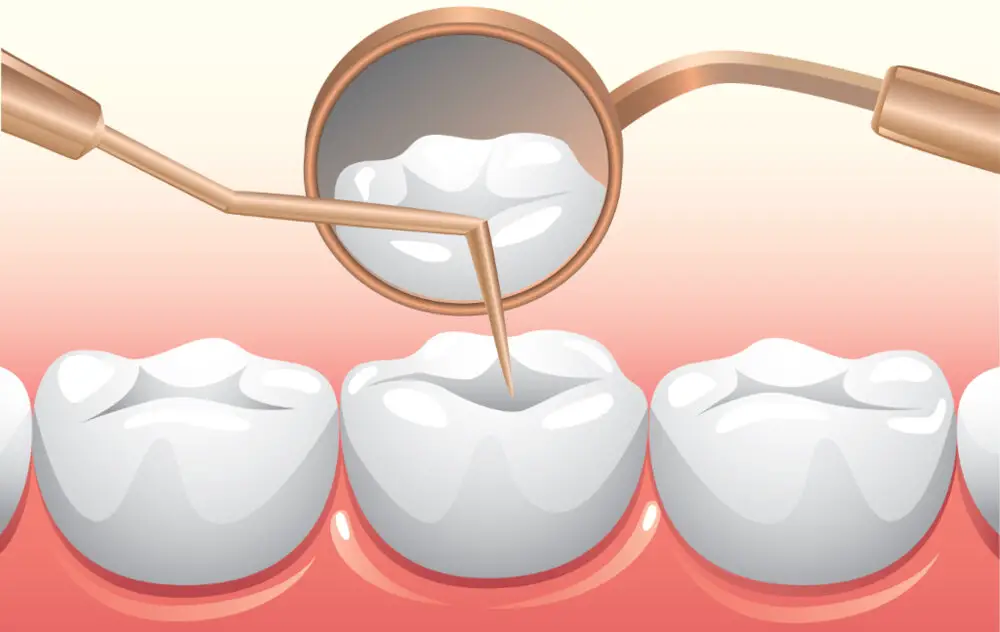
In conclusion, neglecting oral hygiene can have serious consequences on a person’s overall health and wellbeing. Poor dental hygiene can lead to a myriad of dental problems such as cavities, gum disease, and tooth loss. Furthermore, research has shown that poor oral hygiene can also contribute to the development of serious health conditions such as heart disease, stroke, and diabetes. It is crucial for individuals to prioritize their dental health by brushing twice a day, flossing regularly, and visiting their dentist for routine check-ups. By taking these simple steps, individuals can ensure that they maintain good oral hygiene and prevent the potentially dangerous consequences of neglecting it.






